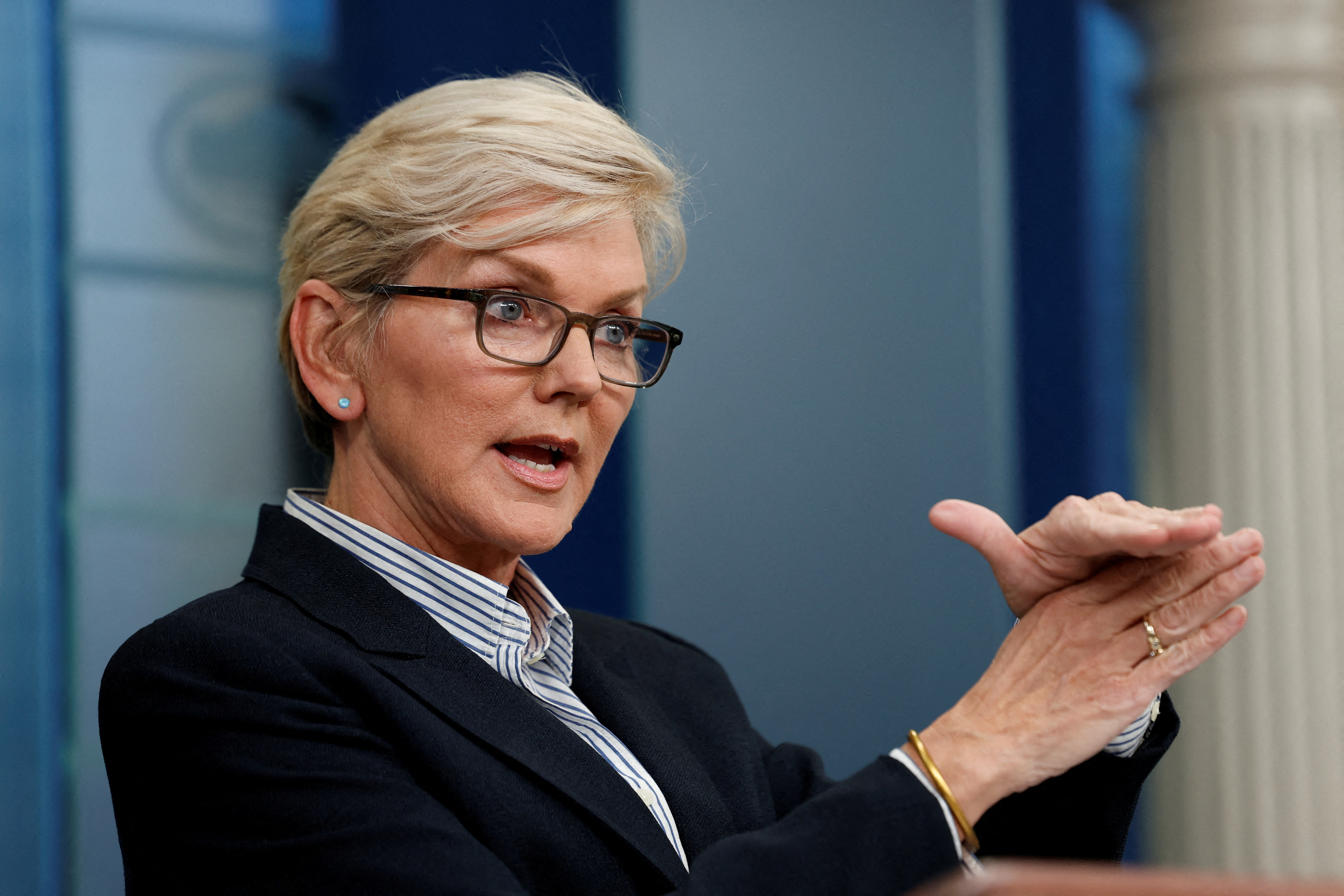(This July 21 story has been corrected to say the proposed standards are not technologically feasible for some Rinnai products, not technologically impossible for its products, in paragraph 7)
WASHINGTON (Reuters) - The U.S. Department of Energy on Friday proposed energy efficiency standards on water heaters it said would save consumers $11.4 billion on energy and water bills annually.
The standards on residential water heater efficiency, which are required by Congress, have not been updated in 13 years. Water heating is responsible for roughly 13% of both annual residential energy use and consumer utility costs, the DOE said.
The proposal would require the most common-sized electric water heaters to achieve efficiency gains with heat pump technology and gas-fired water heaters to achieve efficiency gains through condensing technology.
The standards, to take effect in 2029 if finalized, are expected to save nearly $200 billion and reduce more than 500 million metric tonnes of carbon dioxide emissions over 30 years, about equal to the combined annual emissions of 63 million homes, or approximately 50% of homes in the United States, the DOE said.
Energy Secretary Jennifer Granholm said the proposal "builds on the unprecedented actions already taken by this administration to lower energy costs for working families."
A group including water heater maker Rheem, environmental group Natural Resources Defense Council and efficiency and consumer advocacy organizations issued a joint statement welcoming the new standards.
Tankless water heater maker Rinnai, however, said that the proposed standards are not technologically feasible for its noncondensing line of tankless water heaters and will "force consumers to choose less efficient water heating solutions such as tank style water heaters."

The administration of President Joe Biden, a Democrat, has issued proposed or final efficiency standards for 18 product categories so far this year.
Former President Donald Trump, a Republican, complained about efficiency standards for shower heads, saying that they interfered with the rinsing of his hair. His Energy Department eased energy standards on such fixtures. The Biden administration reversed the rule on shower heads in 2021.